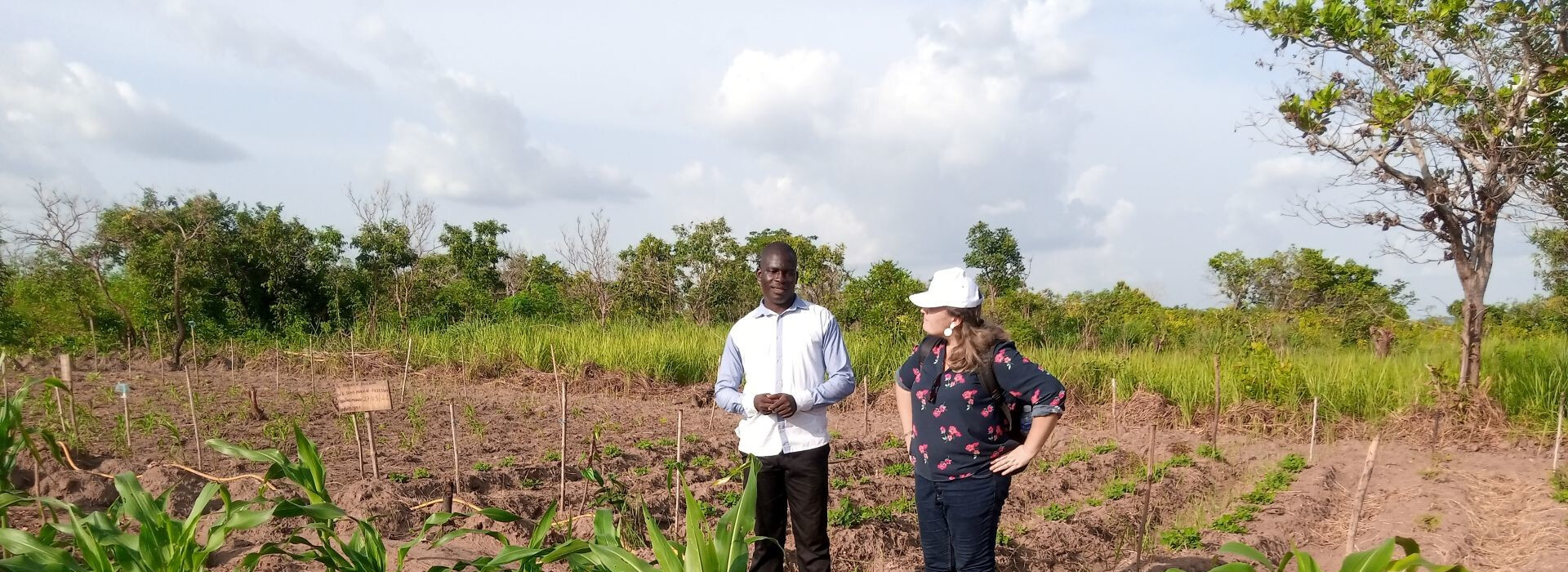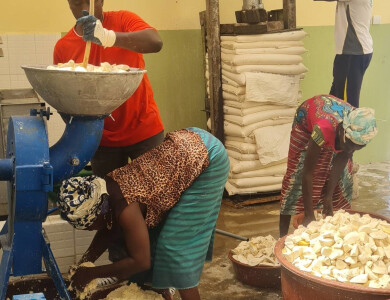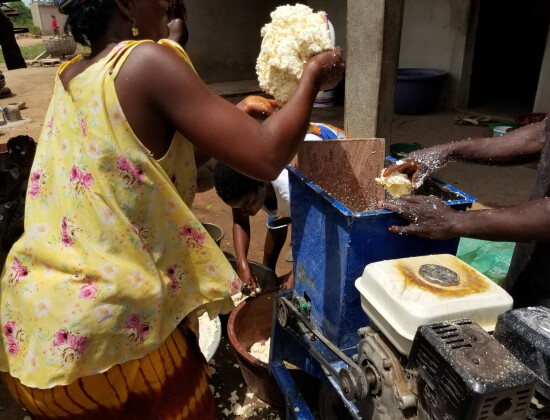
Ivory Coast
Ivory Coast, a West African country with strong agricultural and economic activity, continues to face significant inequalities and a population that is largely dependent on the informal economy.
Strong economic activity, particularly in the agricultural sector
Ivory Coast is located in West Africa, bordered by Liberia, Guinea, Mali, Burkina Faso, and Ghana, with a coastline on the Gulf of Guinea. Its political capital is Yamoussoukro, while Abidjan is the center of economic activity.
The country relies heavily on agriculture, with coffee and cocoa production experiencing remarkable growth in the 21st century. Côte d’Ivoire enjoys political stability and sustained economic growth, making it the leading economy in the West African Economic and Monetary Union, accounting for 40% of the region’s GDP. However, these benefits remain unevenly distributed, and the economy is still largely informal.
Persistent inequalities despite growth
Despite stability and growth, many inequalities persist between Abidjan and other regions. Côte d'Ivoire has a population of 28 million and ranks 166th out of 193 countries on the Human Development Index. More than 90% of jobs remain informal, and a large proportion of the population lives below the poverty line.
-
28 millions of inhabitants
-
166/193 in the HDI ranking
-
40 % of the population lives below the poverty line
Improving access to energy and supporting agroecology
Through its Ekileko program, based in Bouaké, Entrepreneurs du Monde works with local stakeholders to improve access to energy for the most vulnerable families and disseminate essential knowledge in management and agroecology.



